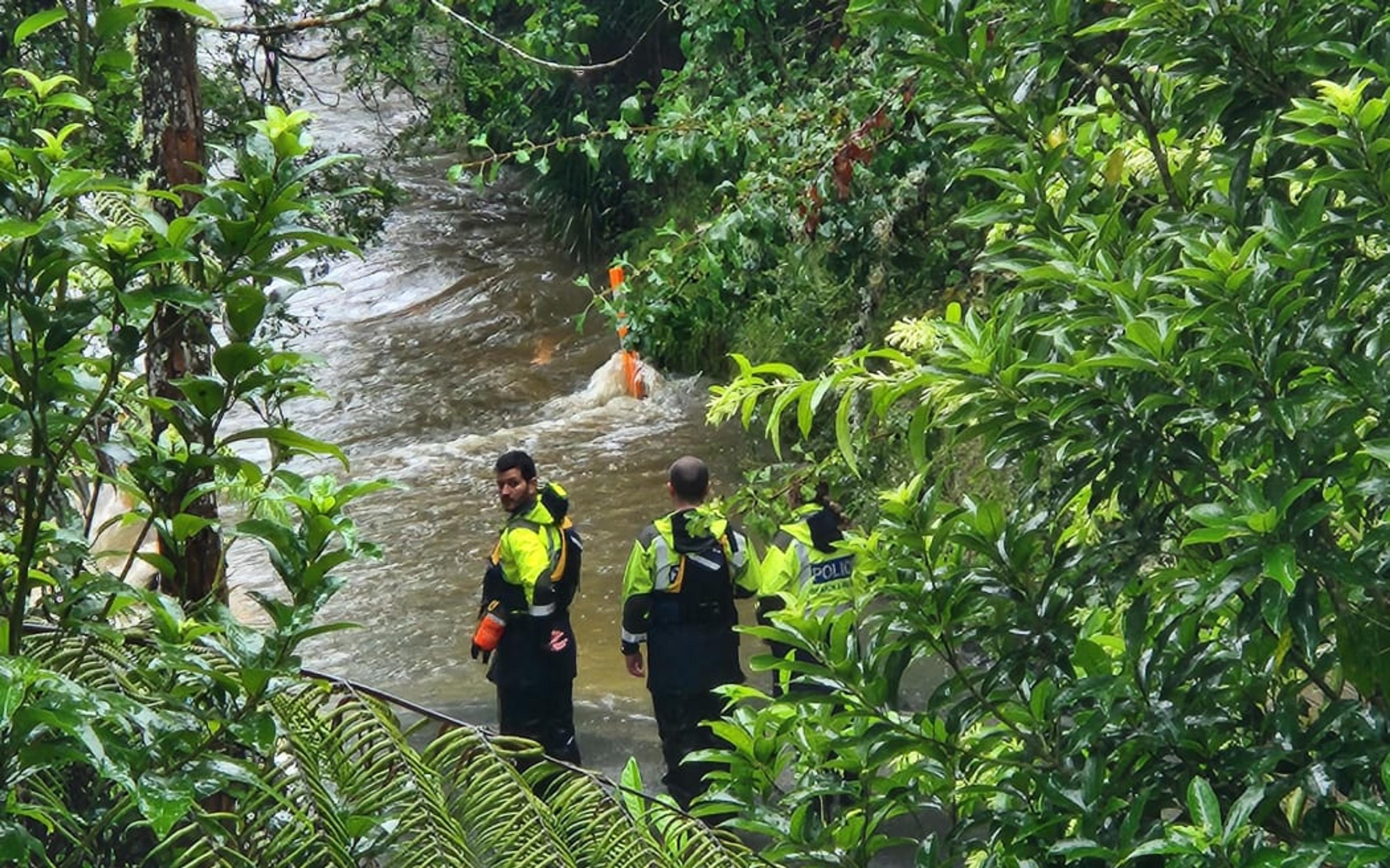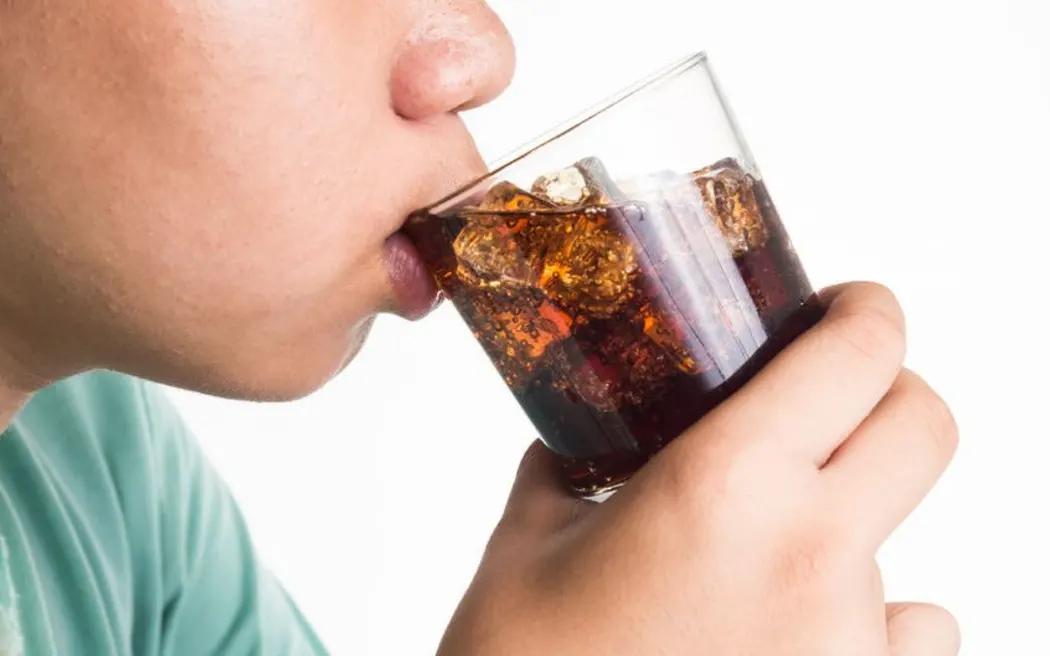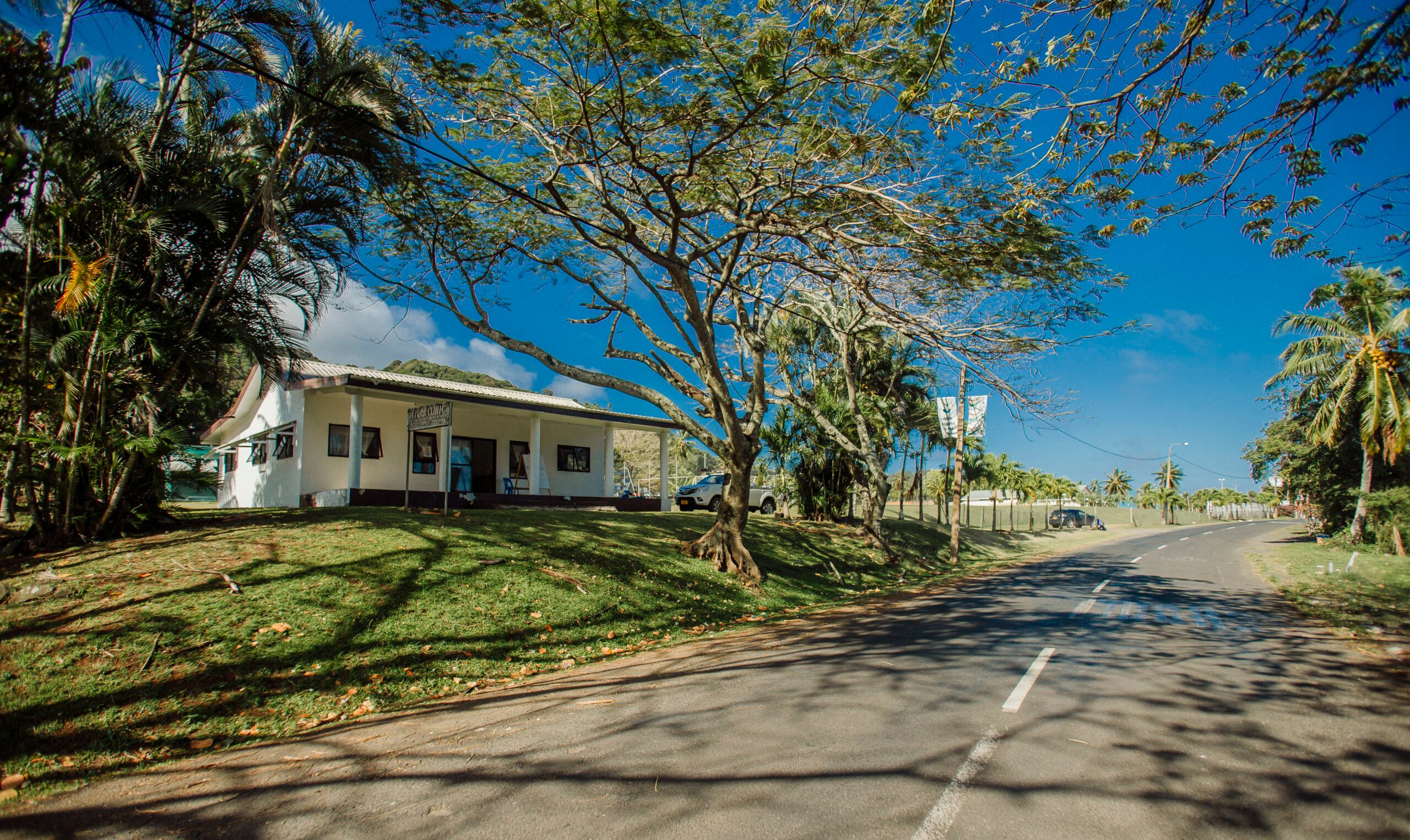

Cook Islands Health Secretary Bob Williams.
Photo/Cook Islands News
Cook Islands govt to consider increasing sugary drinks and alcohol tax proposal
The proposed taxes are aimed at helping combat the increasing cases of non-communicable diseases, which are affecting over half of the country's resident population.


NZ moves to reset Pacific ties as Peters wraps up regional tour

Fiji and Tahiti seize tonnes of cocaine in coordinated Pacific drug busts - officials


Kiribati man, Tauranga grandma and child among those missing or dead after NZ storms

NZ moves to reset Pacific ties as Peters wraps up regional tour

Fiji and Tahiti seize tonnes of cocaine in coordinated Pacific drug busts - officials

The proposal to increase taxes on sugary drinks and alcohol will be considered by the Cook Islands Cabinet this month as the Health Ministry ramps up efforts to tackle rising chronic health problems in the country.
A draft gazette listing categories of unhealthy products and drinks in the Cook Islands that will face increased taxation has been finalised, according to Health Ministry secretary Bob Williams.
The proposed taxes on sugary drinks and alcohol products are aimed at helping combat the increasing cases of non-communicable diseases (NCDs), which are affecting over 50 percent of the country's resident population.
Following a weeklong consultation on Rarotonga held last month, the Health Ministry has recommended increasing the tariff on sugary drinks and alcohol, and restricting any form of advertising or marketing. These recommendations will be submitted to the Cabinet for endorsement.
According to Williams, the endorsement of the Executive Council, which consists of the Cabinet and the King's Representative, would be required to bring the gazette into effect.
The Ministry is proposing the recommendations, once endorsed, to come into effect in "six months to allow retailers sufficient time to comply with the marketing restrictions as per the gazette".
According to a situation analysis report compiled by Dr Rob Beaglehole, a public health specialist who conducted a comprehensive review of the Cook Islands' NCDs legislation, policies and actions, there are no restrictions on advertising, marketing or sponsorship of sugary drinks.
Outside most dairies and petrol stations are signs and flags displaying the logo of a major foreign sugary drink company, the report stated.
Cook Islands already has a tax on sugary drinks. The 2017 Tariff Schedule includes an excise tax on "waters, including mineral waters and aerated waters, containing added sugar or other sweetening matter or flavoured, and other non-alcoholic beverages, not including fruit or vegetable juices". The current tariff is $9.37 per kg of sugar.

Photo/RNZ
"For example, a small 330ml can of soft drink containing 10.6gms of sugar per 100ml contains 35gms of sugar which would amount to a tariff of 33 cents. A 1.25l of soft drink containing 132gms of sugar would have a Tariff of $1.24."
It was recommended that the 2017 Tariff Schedule 22 be amended and the excise tax on sugary drinks increased by 100 per cent to $18.74 per kg of sugar. TMO has also recommended taxing all artificially sweetened beverage and fruit juices at the same rate and to restrict all forms of advertising, marketing and sponsorship.
The Ministry further recommended that there be a mandate on the creation, adoption and enforcement of a single "gold standard" nationwide "Healthy Food and Drink Policy" for all early childhood educations (ECEs), schools and learning institutions, ensuring that it contains a water and nu drink only section.
The report stated that these top three recommendations should be prioritised and adopted urgently, "ideally by the end of 2025".
Dr Beaglehole stated that his review of the consultations revealed overwhelming public support for the government to instigate an increase in tariff measures.
"Politicians need to realise that they've got the support of the public. Because the public knows that, there are massive problems with NCDs. And this taxation tariff is helping reduce consumption."
Dr Beaglehole said that some of the tariff could be diverted to TMO to treat NCD cases.
Cook Islands' proposed increase in sugar and alcohol taxes aligns with the World Health Organization's strategy of raising US$1 trillion by 2035 through health taxes.
According to Reuters, the World Health Organization is pushing countries to raise the prices of sugary drinks, alcohol and tobacco by 50 per cent over the next 10 years through taxation, its strongest backing yet for taxes to help tackle chronic public health problems.
The United Nations health agency said the move would help cut consumption of the products, which contribute to diseases like diabetes and some cancers, as well as raising money at a time when development aid is shrinking and public debt rising.
Cook Islands Cabinet has already approved a significant increase in tobacco tax - NZ$125.50 per 1000 cigarettes or kilogram of tobacco annually for the next three years.
In Parliament last month, while debating the TMO budget allocation of $23,400,162, Opposition MP Robert Heather made a plea to the public to "wake up, wake up, wake up!".

Te Marae Ora Cook Islands Health Ministry in Rarotonga. Photo/Cook Islands Ministry of Health
Heather highlighted the significant increase in funding for the NCD programme, from $100,000 in the last budget to $295,000 this year.
"I fully support the proposed taxation on fizzy drinks by the Ministry of Health. I will not elaborate on alcohol and tobacco, as I believe we are responsible for our children for the first 18 years of their lives, nurturing them until they become adults," the United Pary MP said. "We do not feed them alcohol or tobacco, but once they turn 18, they make their own choices."
Heather said that the pressing issue people are facing today revolves around the sweets given to children.
"When our babies cry, we often soothe them with candy, which has become a part of our lifestyle. We must ask ourselves: who is creating this problem? It is us, the parents.
"For instance, we plant coconut trees, and after eight years, they begin to bear fruit. I believe that in this House, we have given our newborns coconut juice. However, this custom is fading, as we often opt for convenience by purchasing ready-made products from stores, forgetting our traditional practices.
"This is a reminder that the issue at hand is not solely the responsibility of the Ministry of Health, it is a collective concern we all share. Perhaps we can start making changes in this House, let's choose arrowroot over banana cake, for instance."
'Significant threat to public health'
Opposition leader Tina Browne said that regardless of the price raise for soft drinks, parents are still responsible for the decision of whether to purchase them or not. Browne said that it was unfortunate that many parents will continue to buy drinks, even if they become more expensive.
Health Minister Rose Toki-Brown said that non-communicable diseases are one of the primary areas of health expenditure.
Toki-Brown said that she believed the MPs all agreed on the necessity of raising taxes on sugary drinks, alcohol and tobacco, "as these products pose a significant threat to public health".
She said in 2019 they implemented a policy requiring that only water and coconut drinks be served at major Ministry of Health events, prohibiting sugary or alcoholic beverages.
"It has come to light that eliminating sugary and alcoholic drinks has resulted in a surplus of funds for both the WHO and our Ministry of Health in the Cook Islands, which have been redirected towards more beneficial health initiatives.
"While there is an appropriation for NCDs, the allocated funds are insufficient, which is why I urge that increased taxation on sugary beverages and alcohol be used to allocate more funds specifically for NCDs."
This article was first published in the Cook Islands News.